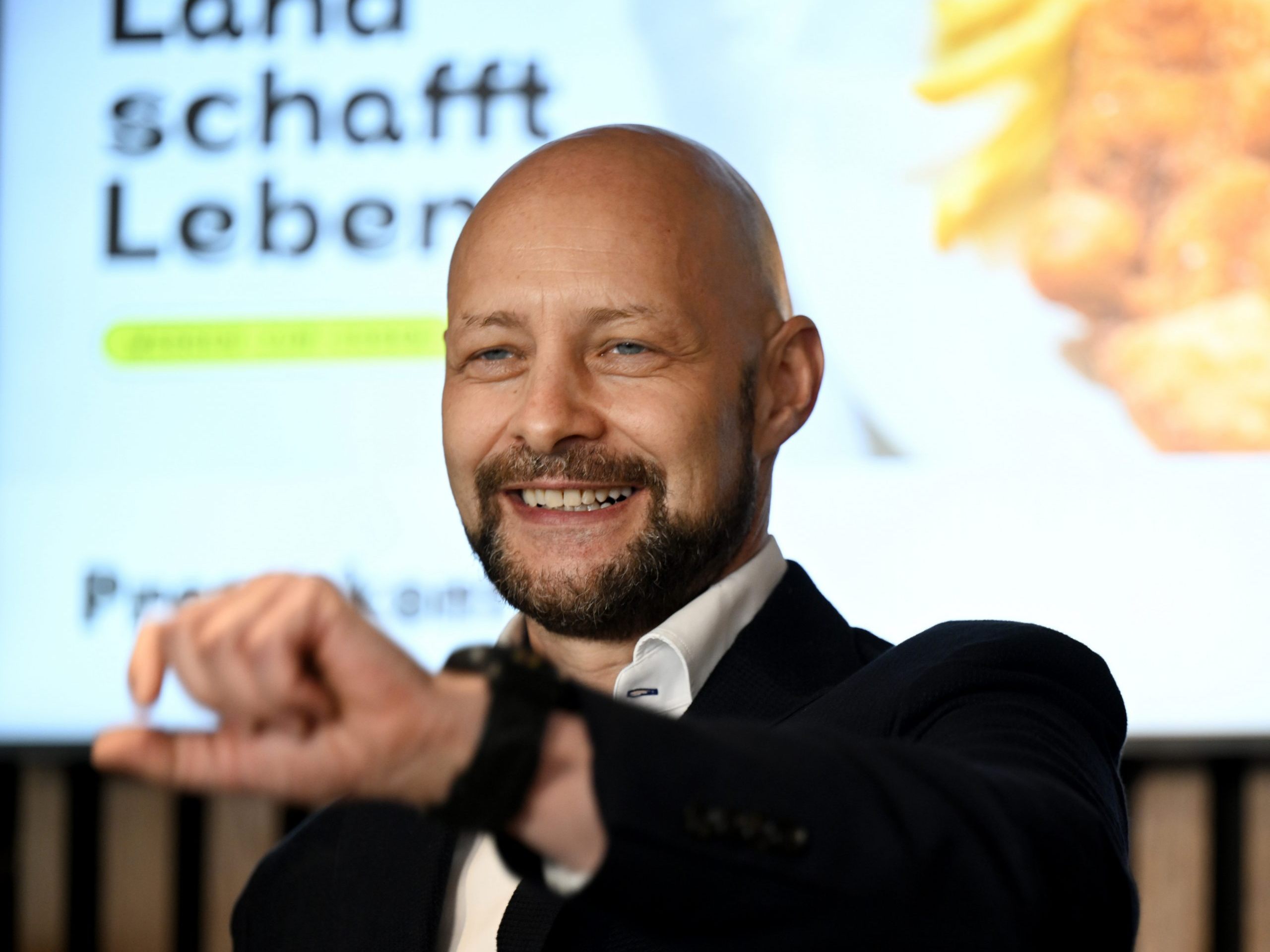Renewed Call for Origin Labeling in Gastronomy

Domestic tourism advertises with Austrian cuisine and regional foods, but foreign cheap goods often end up on the plates. This was criticized by the initiative "Land Creates Life" on Thursday during a press conference. The founders, Maria Fanninger and Hannes Royer, once again advocated for a legal anchoring of origin labeling in gastronomy. "This allows the consumer to decide for themselves," said Fanninger.
"The Alm is the Cradle of Tourism"
The occasion was the presentation of a report on the topic "Agriculture, Living Space & Tourism". Without agriculture, tourism in Austria would be unthinkable, explained Royer: "We live in a cultural landscape that has been shaped by people over millennia." Without agriculture and the associated food production, the cultural landscape and thus tourism would also be threatened. "The Alm is the cradle of tourism," emphasized Royer.
Austria has the prerequisites to supply itself well with domestic and regional foods. However, due to the small-scale agriculture and the high wage level, Austria does not offer the cheapest prices, explained Fanninger, citing an example: Since 2009, there has been no cage farming of chickens in Austria. At the same time, around 1.2 million cage eggs are imported daily.
Royer Wants Legal Anchoring of Origin Labeling
A designation of origin is becoming increasingly important because new wholesalers with cheap goods from abroad are pushing into the domestic market, reported Royer: "There is a trend towards lower quality levels." In catering businesses that voluntarily provide origin labeling, it is seen that they primarily rely on quality from Austria.
The small-scale agriculture is facing many challenges. Royer warned that the new Common Agricultural Policy of the EU could worsen the funding situation for small rural agriculture. Additionally, the conclusion of Mercosur threatens to bring additional competition from abroad. It is all the more important to improve the framework conditions for domestic farmers in order to secure the cultural landscape and thus also tourism in Austria in the long term.
Industry Representatives from Hospitality and Gastronomy Want Freedom of Choice
In an initial reaction, industry representatives from hospitality and gastronomy once again advocated for freedom of choice, both for consumers and for entrepreneurs. The figures presented today by "Land schafft Leben" are based solely on wholesale data. "Many of our businesses today source their products directly from the region and work in partnership with local producers. These countless direct, regional supply relationships are missing in the consideration."
In the federal states, there are already numerous voluntary labeling initiatives that are leading to increasing participation in the industry. "This means that guests already have the choice today of which type of business they want to visit. The associations support this practice and are working on strengthening concrete, practical tools with which businesses can make their transparency in origin visible - voluntarily, feasibly, and without bureaucratic additional burden," the statement said.
(APA/Red)
This article has been automatically translated, read the original article here.





